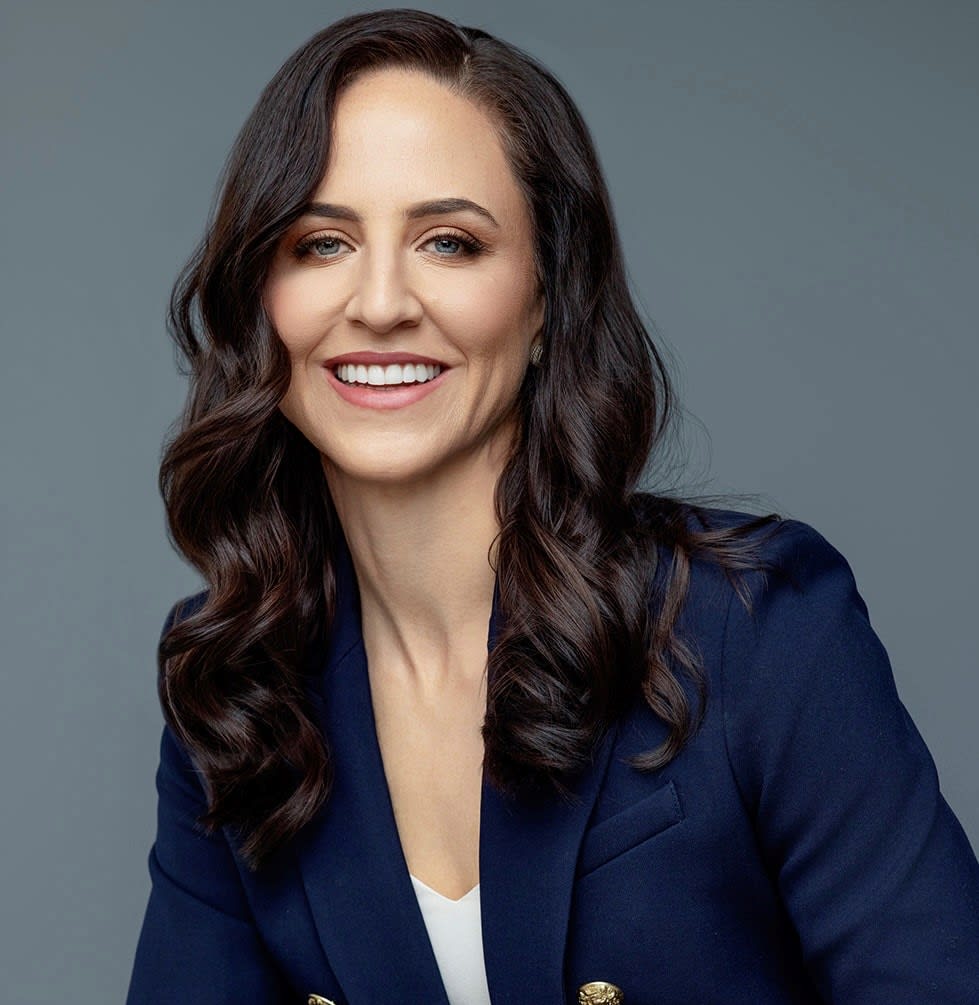Medical Oncology: Behind the Scenes
July 10, 2013
Found in BC Cancer - Kelowna, Clinical Trials, Innovation
One question I am often asked is, “What exactly does a medical oncologist do?” Obviously we order a lot of chemotherapy, but there’s a lot more going on behind the scenes!
I do a combination of clinical work, research, teaching and administrative activities. My clinical work involves seeing patients, as well as presenting cases at rounds (to get multidisciplinary opinions from my colleagues), considering newer treatment options including clinical trials and investigating issues that come up.
Teaching is a smaller part of my work, but I love having students and residents in my clinics to keep me on my toes and see how rewarding a career in medical oncology can be. As Medical Director of the Clinical Trials Unit at the BC Cancer Agency Sindi Ahluwalia Hawkins Centre for the Southern Interior, I work to expand the volume and types of clinical trials that we perform. The reward here is that we offer newer treatment options for our patients, all due to the grit and determination of our great team of 20 staff and many oncologists who are passionate about clinical trials.
Lastly, one of my favorite things to do outside the clinic is research. This is where new ideas develop and it’s a great opportunity to collaborate with colleagues and train students and residents to be our new generation of researchers. I truly believe that at the end of the day, it is only through research that we can continue to provide better care.
So what kind of research do I do? Here are a few examples:
I’m working with colleagues to develop a way to predict which patients with stage II colon cancer have a higher chance of their cancer recurring. Currently, we have quite limited ways to predict who may develop a recurrence. If we can improve this, we can determine if treating patients at the highest risk of recurrence makes a difference, while sparing toxic treatments from those that are less likely to need the treatment.
Last summer, I had two eager summer students investigating risk factors for the development of blood clots in cancer patients.
I am also finishing work on several clinical trials from my time at the University of North Carolina at Chapel Hill (research can be a long process!). I am working on two publications: one is a clinical trial using chemotherapy with a specific procedure for primary liver cancer; the other involves adding a targeted chemotherapy drug to our “usual” cocktail of chemotherapy drugs for metastatic colorectal cancer. Both of these trials will contribute to our understanding of these diseases.
The honest truth is that I love my clinical work, but it does take an emotional toll. Doing research provides me with an outlet, a way to channel my clinical disappointments into making the care for my patients better in the future. It’s also a way to become reenergized, when we find better ways to diagnose and treat our patients. At the end of the day, we want better patient care.
So in a nutshell, that’s what I do! Next week I’ll talk more about PREDICT and how we’ve been able to bring this to the Southern Interior.
Janine


